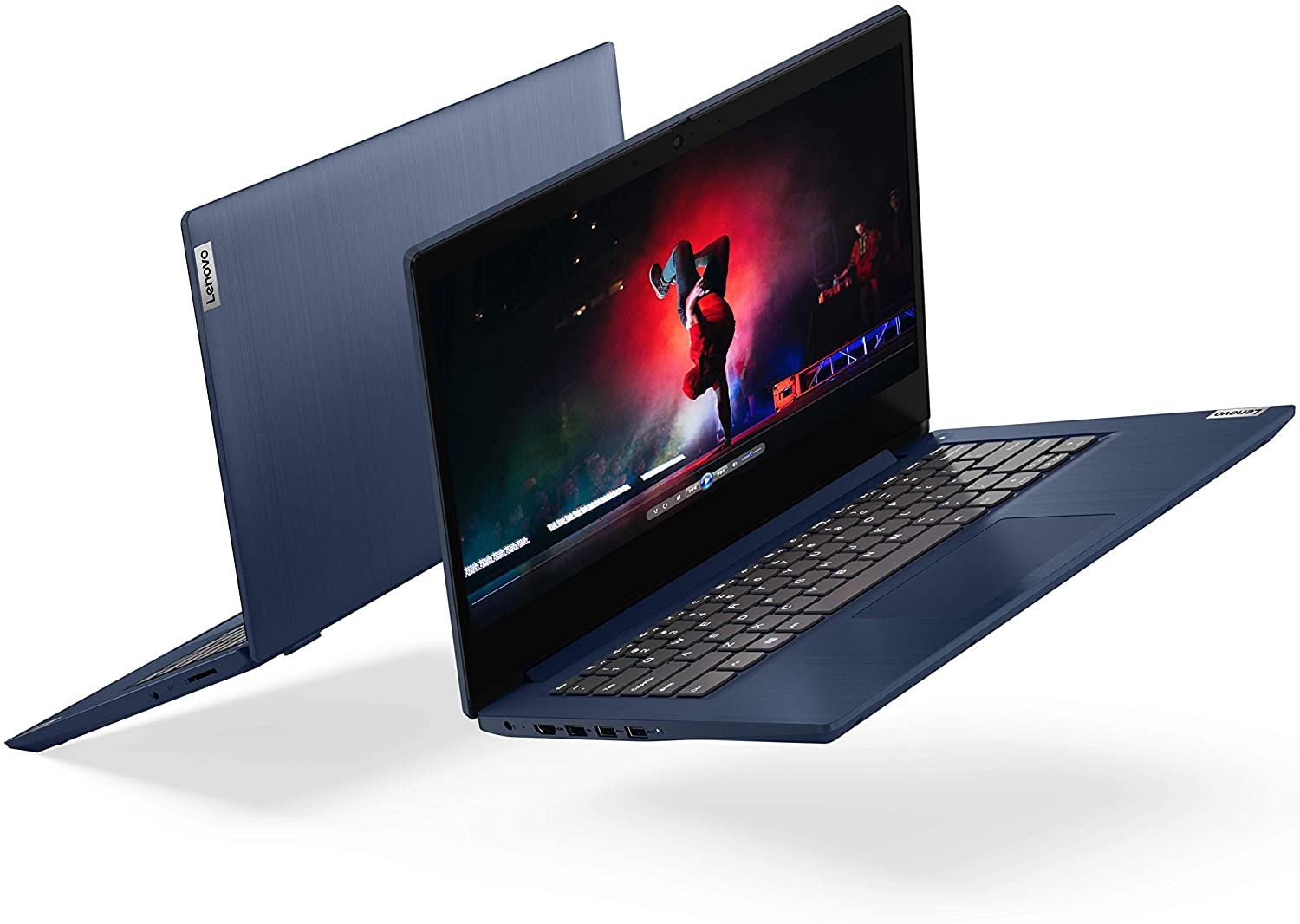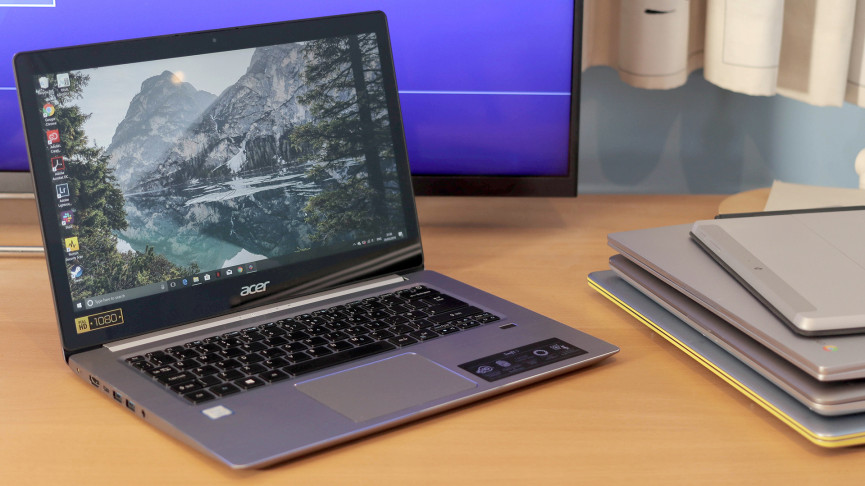Best Inexpensive Laptop 2020

For value-conscious shoppers, a laptop isn't just a luxury; it's a gateway to productivity, education, and entertainment. Finding the best inexpensive laptop in 2020 meant navigating a sea of compromises, balancing performance, features, and price. This review article dissects the top contenders, helping you make an informed decision without breaking the bank.
Why an Inexpensive Laptop Matters
In an increasingly digital world, access to a computer is essential. Affordability bridges the digital divide, empowering students, freelancers, and budget-conscious individuals. A reliable, inexpensive laptop opens doors to learning, remote work, and staying connected.
Shortlist of Best Inexpensive Laptops of 2020
Here's a curated list catering to different needs and budgets, all available in 2020:
- For Students: Acer Chromebook Spin 311
- For Basic Productivity: Lenovo Chromebook Duet
- For Windows on a Budget: HP Stream 14
- For Slightly More Power: ASUS Chromebook C425
Detailed Reviews
Acer Chromebook Spin 311
The Acer Chromebook Spin 311 excels in portability and versatility. Its compact size and 360-degree hinge make it ideal for note-taking and on-the-go tasks. The Chrome OS environment is streamlined and secure, perfect for students focused on web-based applications.
However, its MediaTek processor might struggle with demanding software. The screen, while adequate, isn't the brightest or most vibrant.
Lenovo Chromebook Duet
The Lenovo Chromebook Duet is a standout for its tablet-first design and included keyboard. It's incredibly portable and offers a surprisingly responsive experience for basic tasks. The Chrome OS integration is seamless, providing access to a vast library of Android apps.
The keyboard can feel cramped for extended typing sessions. Performance is adequate for light use, but multitasking with numerous tabs can slow it down.
HP Stream 14
The HP Stream 14 offers a full Windows experience at an incredibly affordable price. This laptop provides access to a wider range of software than Chromebooks. It's a solid choice for users who need specific Windows applications.
The low-end processor and limited RAM can lead to noticeable lag, especially with multiple applications open. The build quality is also less premium compared to Chromebooks in the same price range.
ASUS Chromebook C425
The ASUS Chromebook C425 strikes a balance between performance and affordability. Its larger screen and more powerful processor provide a more comfortable and responsive experience. It's a great option for users who need to handle slightly more demanding tasks.
While more powerful than other Chromebooks on this list, it still relies on Chrome OS, limiting access to certain Windows or macOS-specific software. Battery life, while decent, isn't as exceptional as some other Chromebooks.
Side-by-Side Specs and Performance
Here's a comparison of key specifications and estimated performance scores (based on general user experience and benchmark data from 2020):
| Laptop | Processor | RAM | Storage | Screen Size | Estimated Performance Score (Out of 10) |
|---|---|---|---|---|---|
| Acer Chromebook Spin 311 | MediaTek MT8183 | 4GB | 32GB eMMC | 11.6" | 6 |
| Lenovo Chromebook Duet | MediaTek Helio P60T | 4GB | 64GB/128GB eMMC | 10.1" | 6.5 |
| HP Stream 14 | Intel Celeron N4020 | 4GB | 32GB eMMC | 14" | 5 |
| ASUS Chromebook C425 | Intel Core m3-8100Y | 4GB/8GB | 64GB/128GB eMMC | 14" | 7.5 |
Note: Performance scores are subjective and based on common tasks like web browsing, document editing, and light multimedia consumption. Actual performance may vary.
Practical Considerations
Before making a purchase, consider your primary use case. Do you need a laptop for school, work, or entertainment?
Also, weigh the advantages of Chrome OS versus Windows. Chrome OS is lighter and more secure, while Windows offers wider software compatibility.
Battery life, screen size, and keyboard comfort are crucial for usability. Think about your daily usage patterns and prioritize accordingly.
Key Takeaways
Finding the best inexpensive laptop involves careful consideration of your specific needs. Each laptop reviewed offers a unique blend of features and compromises. By weighing performance, portability, and operating system, you can find the perfect fit for your budget.
Remember to consider software compatibility and long-term usability. A slightly more expensive option with better performance might be a worthwhile investment.
Call to Action
Research further and compare prices from different retailers. Read user reviews to get a comprehensive understanding of each laptop's strengths and weaknesses. Armed with this knowledge, you'll be well-equipped to choose the best inexpensive laptop for your needs.
Frequently Asked Questions (FAQ)
Q: What is the difference between a Chromebook and a Windows laptop?
A: Chromebooks run Chrome OS, a lightweight operating system primarily designed for web-based applications. Windows laptops run Windows, a more versatile operating system with broader software compatibility.
Q: How much RAM do I need in an inexpensive laptop?
A: 4GB of RAM is generally sufficient for basic tasks like web browsing and document editing. For smoother multitasking and more demanding applications, consider 8GB if available within your budget.
Q: What is eMMC storage?
A: eMMC is a type of flash storage commonly used in inexpensive laptops. It's generally slower than SSD storage, but it helps keep costs down.
Q: Can I upgrade the RAM or storage in an inexpensive laptop?
A: In most cases, RAM and storage are not user-upgradable in inexpensive laptops. It's essential to choose a configuration that meets your long-term needs.
Q: Are inexpensive laptops good for gaming?
A: Inexpensive laptops are generally not suitable for gaming, especially modern AAA titles. Their low-end processors and integrated graphics lack the power needed for smooth gameplay.


















